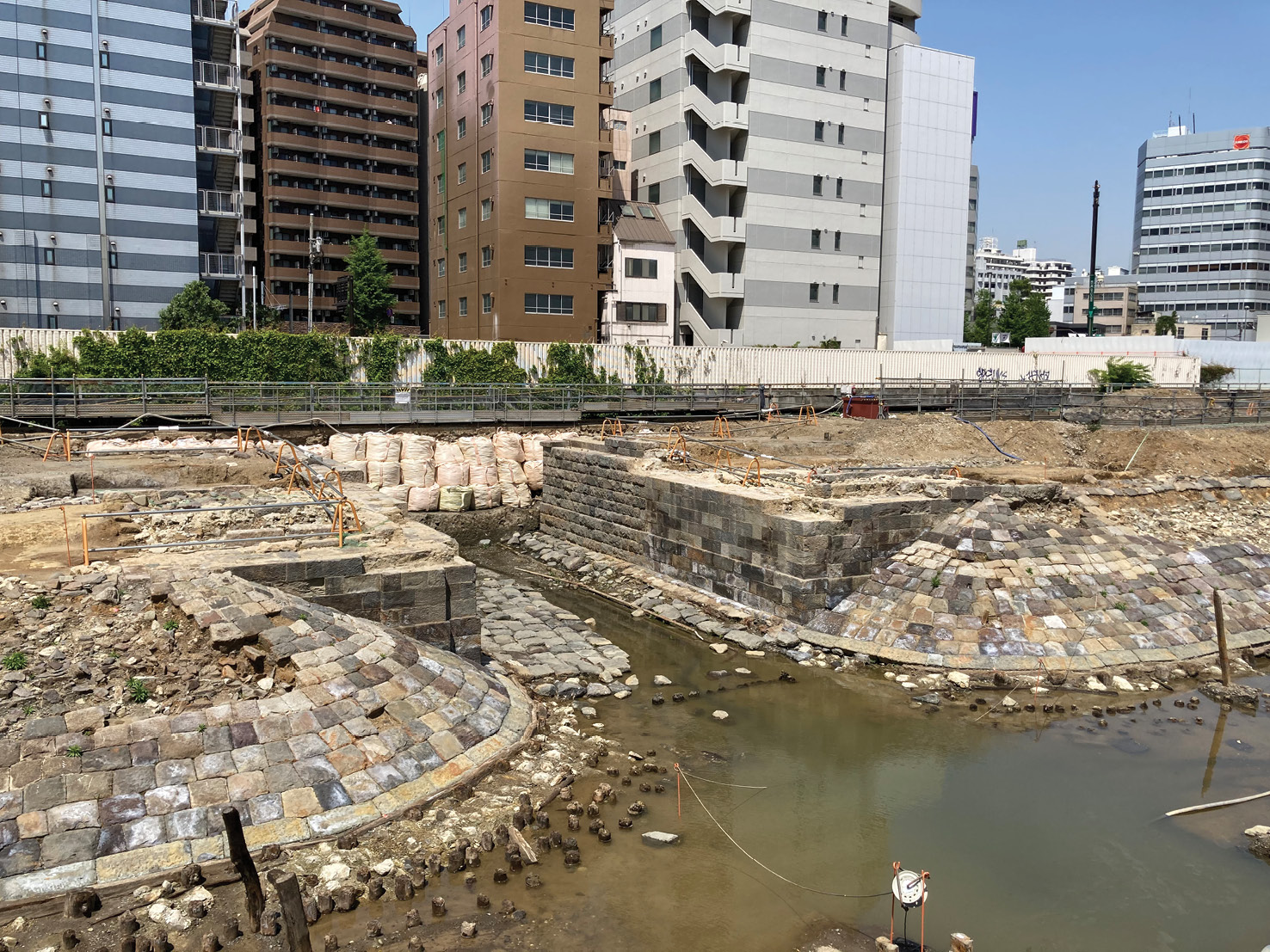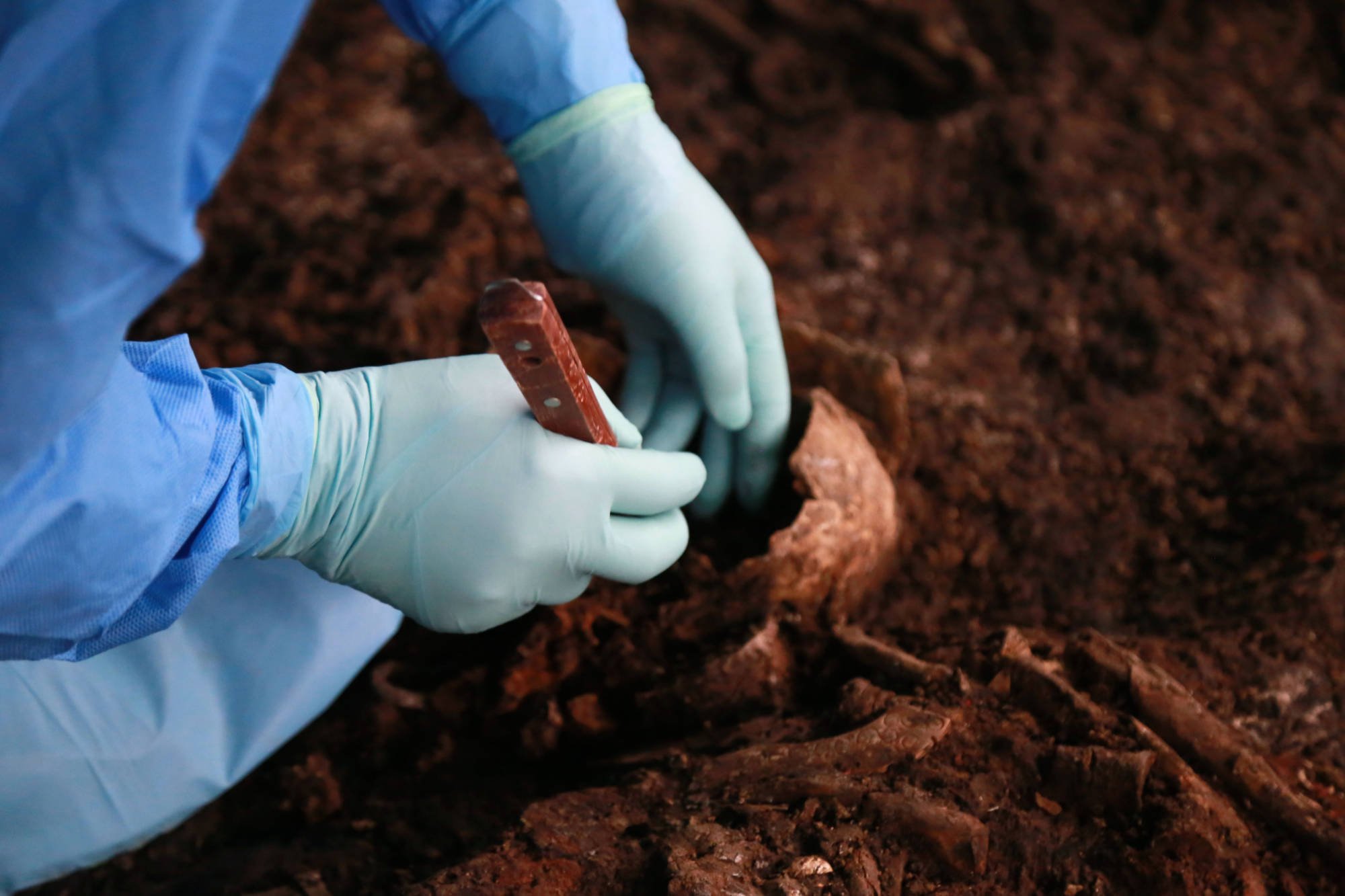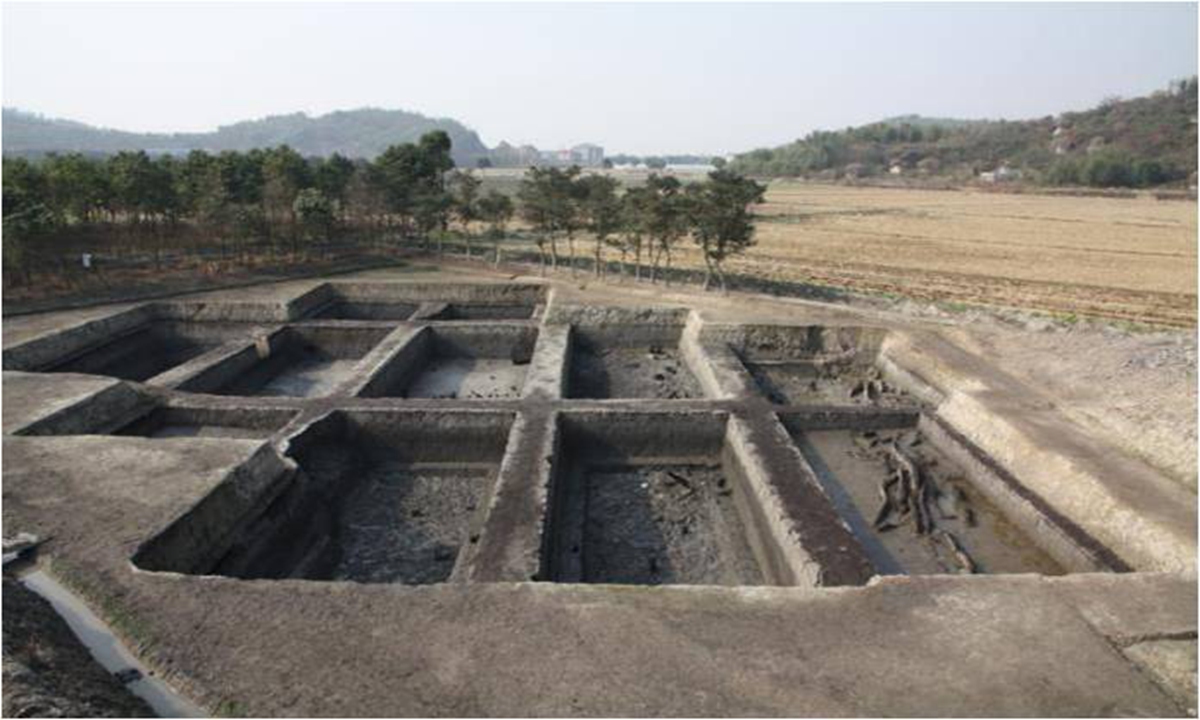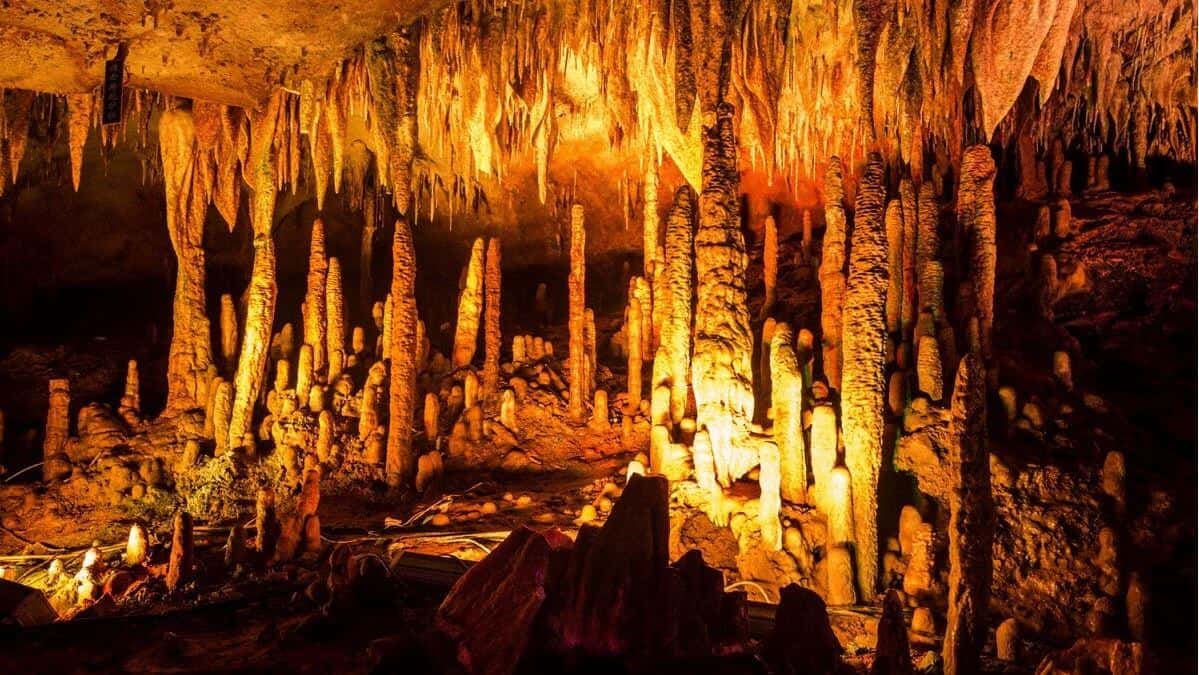The Münchner Zentrum für Antike Welten (MZAW) invites applications for a Visiting Professorship in Cultural History of the Ancient World for either one or two years, starting on October 1, 2022.
SEAA News Blog
New fieldwork or research discoveries? Upcoming conference or workshop? New job opening or fellowship posting? New book?
Share the latest news of your work with your colleagues, advertise for job or fellowship openings, find participants for your conference session and more on the SEAA blog.
Guidelines: All posts should be related in some way to East Asian Archaeology. When writing your post, please use capital letters for surnames. Original script (Chinese, Korean, Japanese) for East Asian place names, personal names, or archaeological terms is encouraged. For the transcription of East Asian language terms, Pinyin for Chinese, Hepburn for Japanese, and the Korean Government System (2000) for Korean is encouraged.
Contributions should be limited to around 500 words and 1-2 images. For longer descriptions of your projects, you may consider the Reports section of the Bulletin (BSEAA).
Members can submit their news posts to the SEAA web editor via the website (see SEAA Members' Area for details and instructions on blog submissions) or via email. Non-member contributions are also welcome and may be submitted via email to the SEAA web editor.
The editor(s) reserves the right to carry out minor editing, or to decline contributions inappropriate to the objectives of SEAA.
It was during the Edo period (1603-1868) that Japan effectively sealed itself off from the outside world to avoid the ravages of Western imperialism that were conspicuously on display in other parts of Asia, most notably India and China. Educated Japanese urbanites of the era cultivated many hobbies, including a passion for antiquities. Knowledge of the outside world came in through a Dutch factory at Deshima in Nagasaki, far to the west on the island of Kyushu.
The excavation team unearthed the tombs along with coins, pottery and tiles in northern China’s Inner Mongolia autonomous region. They believe these were people who lived during the Han dynasty (202BC-220AD).
During this period, the bodies of children would not have been cremated. People would connect multiple urns – likely two, sometimes more – to create a protective “home” for the body.
China's National Cultural Heritage Administration on Wednesday published a report about five Chinese archaeological sites and their significant achievements, an important demonstration of the diversity and integration of Chinese civilization amid the 100th anniversary of the birth of modern Chinese archaeology.
The important achievements of the five sites show the historical process of the origin and development of the Neolithic culture in the Yellow River Basin, the Yangtze River Basin and the Pearl River Basin.
The researchers found that between 4,345 and 4,324 years ago, there was a period of extremely high precipitation. This coincides with the decline of Liangzhu.
“The massive monsoon rains probably led to such severe flooding of the Yangtze and its branches that even the sophisticated dams and canals could no longer withstand these masses of water, destroying Liangzhu City and forcing people to flee,” says Spötl.
The researchers determined that the humid conditions persisted for another 300 years after these proposed floods.
The Institute for Advanced Studies in Social Sciences at Southern University of Science and Technology (SUSTech 南方科技大学) invites applications for full-time tenured or tenure-track faculty positions in Archaeology and Cultural Heritage Studies at ranks of Full/Associate/Assistant Professor, to begin in August, 2022.
The FLAME project will be holding a panel discussion on Monday 29 November from 17:00 to 19:30 the Oxford University Museum of Natural History. For more information, please see the following link:
As part of the Distinguished Virtual Seminar Series in Archaeological Science, the Cranfield Forensic Institute and Grenville Turner Studios will be hosting Professor Anke Hein (University of Oxford). Professor Hein will speak about her archaeological science research on Chinese ceramics:
Double-Wares in Neolithic Northwest China: Technological 'Abominations' or Artistic Masterpieces
Walter Benjamin observed that it is precisely the modern which conjures up prehistory.
Mariana Castro, a fourth-year PhD candidate at ISAW, is one of 12 recipients of the UNESCO Silk Roads Youth Research Grant. Her project "Turquoise Extraction and Exchange in Pre-Modern Central Asia" was selected from pool of nearly 800 research proposals.




